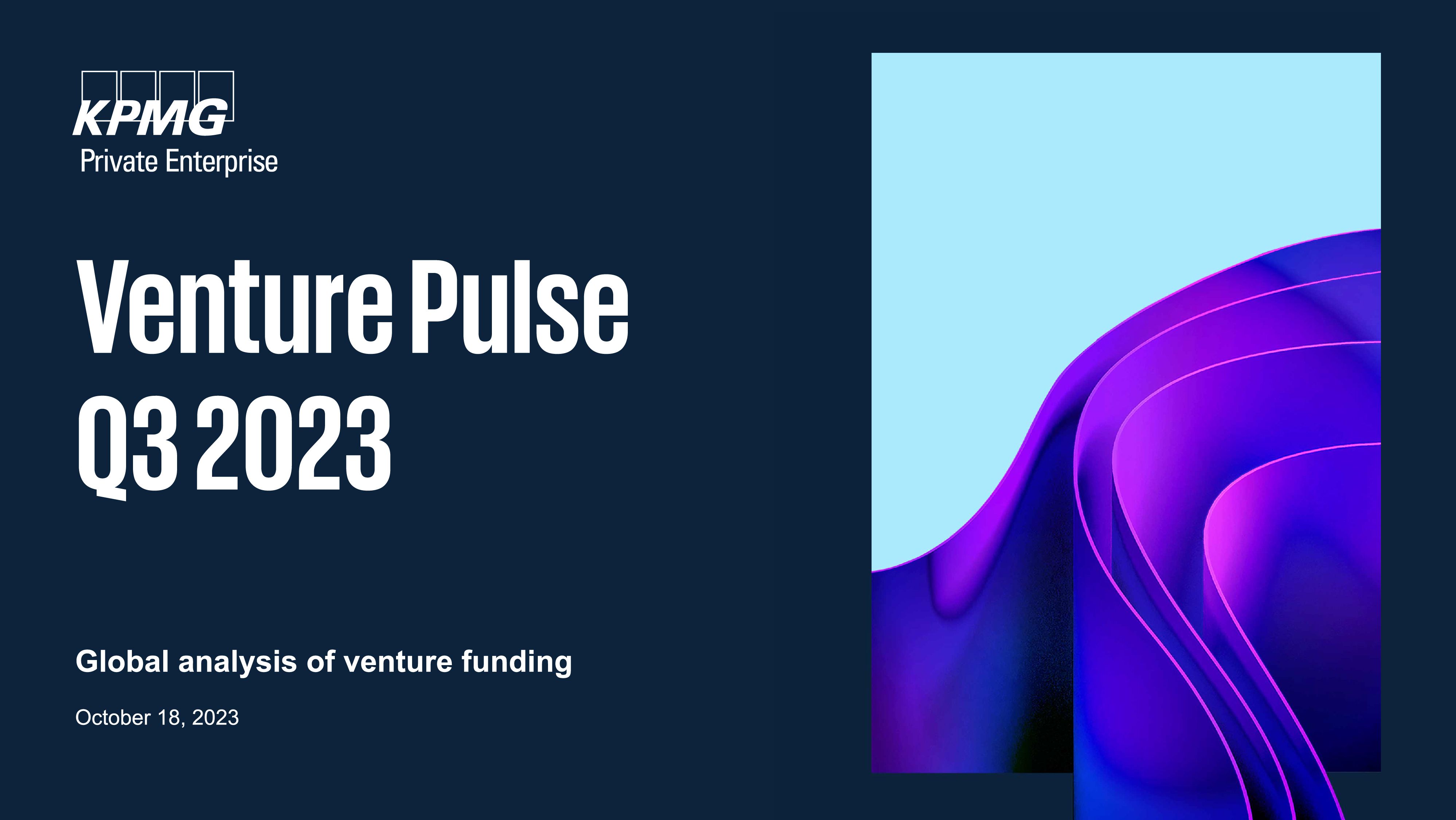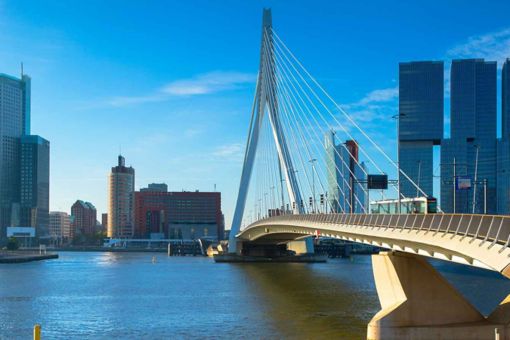Q3’23 was a particularly quiet quarter for the VC market globally, with both total VC investment and the number of VC deals dropping between Q2’23 and Q3’23. On a regional basis, while there was a decline in total investment in both the Americas and Asia, European deal activity increased slightly quarter-over-quarter.
Americas attracts the most funding, but Asia and Europe dominate largest VC deals
The Americas accounted for the largest share of VC investment globally in Q3’23, with the US accounting for the vast majority of this total, including a $997 million raise by battery recycler Redwood Materials. Asia, meanwhile, accounted for the largest share of the top ten deals in Q3’23, including a $1.87 billion raise by GTA Semiconductor and a $500 million raise by Indonesia based sartup Unway. However, it was the electric vehicle space that pulled in the majority of big deals including a $969 million raise by Neta Auto, a $1 billion raise by Rox Motor, and a $600 million by Geely-owned Farizon, a maker of electric and hybrid trucks—all startups based in China. Europe also experienced a spike in mega deals this quarter, including a massive $2.27 billion deal by Verkor and a $1.63 billion deal by H2 Green Steel.
VC deals taking more time as VC investors become more particular
Given the uncertain geopolitical and macroeconomic environment—including concerns about valuations, potential returns, the lack of exits, high interest rates, and other factors—it was not surprising that the time to complete VC deals slowed considerably across most regions of the world during Q3’23. Many VC investors took more time to evaluate deal opportunities, conduct additional levels of due diligence, and identify companies with well-defined paths to profitability. VC investors also prioritized companies within their own portfolios during the quarter, spending more time on the ground with them to help them improve their operations and financial position.
Interest in AI continues to accelerate among VC investors globally
While VC investors globally continued to be very cautious with their investments—conducting greater levels of due diligence than in recent years, pulling back from late stage deals, and focusing primarily on companies with very strong business strategies and paths to profitability—AI has been a significant exception. Globally, AI has continued to see a major acceleration in VC investment, although investors have taken different approaches to the space, with some choosing to make a bunch of small bets on early stage companies across the AI ecosystem and industries in order to get in early, and others taking six to nine months to understand the outside market opportunity before honing in on specific companies in which to invest.
During Q3’23, a wide variety of AI companies raised large funding rounds, including US-based Databricks ($500 million), Neuralink ($280 million), Japan-based Telexistence ($170 million), and Germany-based Aleph Alpha ($225 million).
IPO market window opens a sliver
After being closed for more than a year, the IPO market globally opened a sliver late in Q3’23 with the US-based IPO exits of Arm, Instacart, and Klaviyo. While all three companies held respectable IPOs, their post-IPO performance has been more mixed—although it is still very early days. While there is little to suggest that the IPO market door will swing open entirely in the wake of these IPOs, there is more positivity in the IPO market than there has been in quite some time. The real test will be whether or not other startups follow in their footsteps in Q4’23 and into Q1’24. The US market will be key to watch as activity there will likely tick upward first given the strength and depth of its investor pool.
While Europe and much of Asia, including mainland China and Hong Kong, also saw a continued slowdown in IPO activity, Japan continued to prove itself an exception. The number of IPOs in the country were on pace to exceed 2022 results at the end of Q3’23, with many performing well post IPO. That said, IPOs in Japan were quite small in comparison to other jurisdictions in terms of deal size.
Trends to watch for in Q4’23
VC investment globally is expected to remain relatively flat in Q4’23, given ongoing uncertainties in the global market. AI, energy, and cleantech are expected to remain very attractive to VC investors across most jurisdictions.
Globally, many VC investors will have their eyes glued to the IPO market in Q4’23 and into Q1’24, watching to see the impact of the Q3’23 IPOs of Arm, Instacart, and Klaviyo. While the IPO window is not expected to see a dramatic reopening before the end of the year, additional exits could spark a renewal in IPO activity heading into the first half of 2024.

While overall investment remains somewhat muted globally, we continue to see mega rounds into Artificial Intelligence startups, both through corporate venture capital and traditional players. Beyond the hype, companies are actively piloting AI across the board to identify the most disruptive applications, where they can drive the greatest return on investment. We anticipate continue investment into all things AI, and in particular startups at the intersection of AI and productivity software.
VC investment slows to $77.05B billion across 7,435 deals
Down rounds remain high relative to historic norms
Late-stage global median deal size falls year over year
IPO activity increases while M&A remains muted
Top 10 deals spread among 6 different countries




